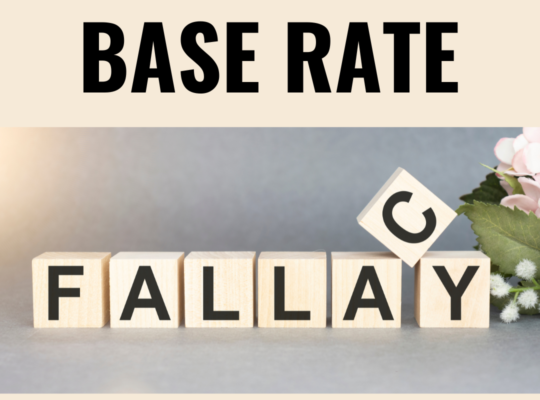
Say you have a goal of purchasing a house in 5 years and another goal of your child’s higher education in 10 years. You would normally invest in a 5-year bank recurrent deposit (RD) and an exchange-traded fund (ETF) for the 1st goal. Likewise, you will invest in a 10-year RD and a different ETF for your 2nd goal. Your debt and equity investments are, consequently, designated for each objective. What if your equity investments drop in the fourth year of Goal 1? You will have minimal time to recuperate your losses. However, you have to sell the equity ETF in year-5 to fulfil your goal of your house purchase down-payment. You fail to give your equity investments sufficient time to recoup losses and build wealth.
In these cases, you should separate your equity investments from your goal-oriented investments. That is, you should invest in a single equity-linked ETF to achieve all of your life goals. This equity investment can still be utilized for funding your Goal 1 if the returns are favorable at the time of the goal (that is, in our example, at the end of the fifth year). However, if you experience big losses on the ETF in the years leading up to the end of the time frame for your goal, you might employ bond investments or debt instruments set aside for those purposes. As a result, you can use the equity investments for goals with a longer time horizon and lower priority than the present goal. As your main goal is presently to finance the down payment for a house, your ETF cannot be sold due to unrealised losses.
You should also bear in mind that you should not go full equity for your second target, which is ten years from when you started. This is because, in the current example, the second goal is your child’s higher education, which is a high priority goal, and thus you should also invest some of your money in debt instruments to counter any last minute shocks in your portfolio at the time of this goal as well.
When it pertains to goal-based investing, you often need to rebalance your equity investments on a regular basis. This allows your equity investments to grow without risking or losing all of the profits if the stock market tanks later. The money generated from rebalancing must be moved to a fixed deposit and utilized to cover any gap that may occur if equity investments lose value.





